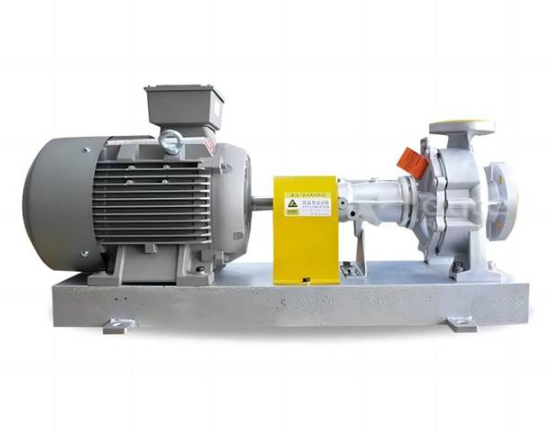Requirements for pump materials for high-temperature liquid transportation
High-temperature liquid transportation has many requirements for pump materials, mainly involving factors such as heat resistance, corrosion resistance, wear resistance, mechanical strength and economy. The following is a detailed analysis of these requirements:
1. Heat resistance
High temperature stability: The pump material must be able to maintain stable physical and chemical properties in a high temperature environment, without softening, melting or cracks caused by thermal stress.
Coefficient of thermal expansion: The thermal expansion coefficient of the material should match that of other parts of the pump to reduce deformation and damage caused by thermal stress.
2. Corrosion resistance
Chemical corrosion resistance: The pump material must be able to resist chemical corrosion from the high-temperature liquid being transported, including acid and alkali corrosion, oxidation corrosion, etc.
Electrochemical compatibility: To prevent electrochemical corrosion, the flow-through parts of the pump are preferably made of metal materials with the same potential.
3. Wear resistance
Erosion resistance: High-temperature liquids may contain solid particles or scouring effects caused by high-speed flow, and the pump material should have good wear resistance.
Wear-resistant parts: For parts that are prone to wear, such as impellers and sealing rings, more wear-resistant materials should be used or special treatment should be performed.
4. Mechanical strength
Pressure bearing capacity: The pump material must be able to withstand the pressure generated by the high-temperature liquid and the mechanical stress generated by the pump during operation.
Fatigue resistance: Under the action of high temperature and alternating stress, the pump material should have good fatigue resistance to extend the service life.
5. Economic efficiency
Cost-effectiveness: When selecting the pump material, factors such as its performance, price and service life should be considered comprehensively to maximize cost-effectiveness.
Processability: The material should be easy to process and manufacture to reduce production costs and improve production efficiency.
Common materials
Stainless steel: It has good corrosion resistance and mechanical strength and is suitable for most corrosive liquid transportation. Stainless steel can also maintain good stability at high temperatures, but its temperature resistance limit should be noted.
High-temperature alloy steel: It is particularly suitable for liquid transportation in high-temperature environments and can withstand the dual effects of high temperature and corrosion.
Cast steel: It has high strength and corrosion resistance and is suitable for the manufacture of high-temperature and high-pressure pumps. However, compared with stainless steel and high-temperature alloy steel, its corrosion resistance may be slightly inferior.
Ceramic: It has excellent wear resistance and corrosion resistance and is suitable for the transportation of ultra-high temperature liquids. However, ceramic materials are relatively fragile and require special attention to protective measures during installation and operation.





